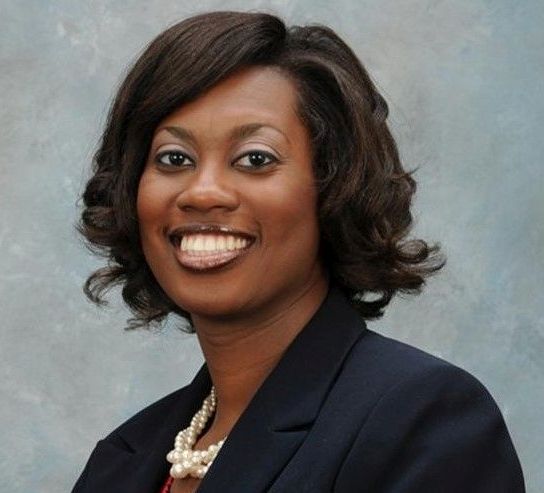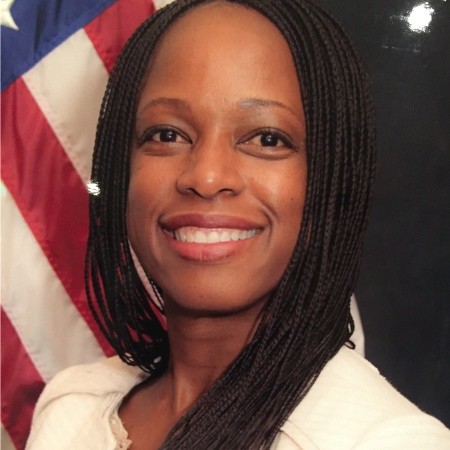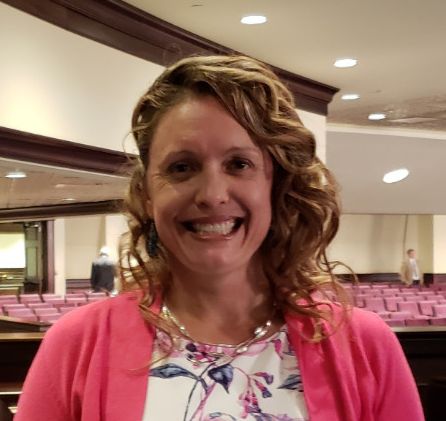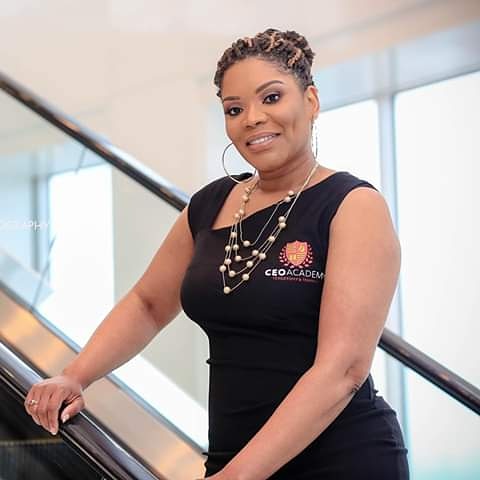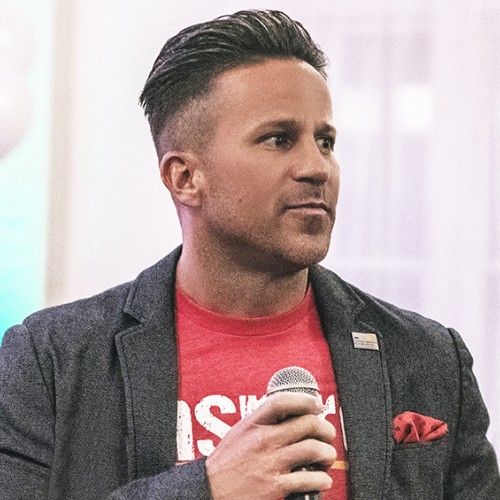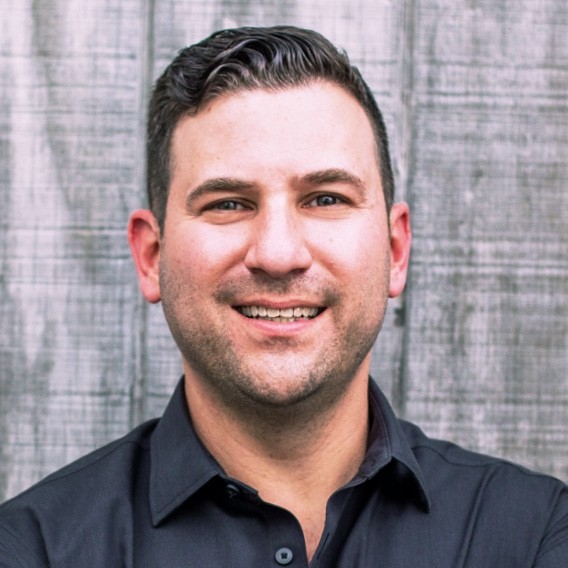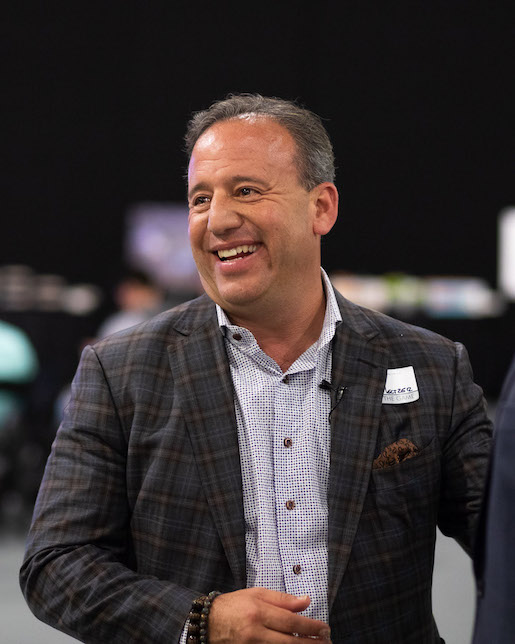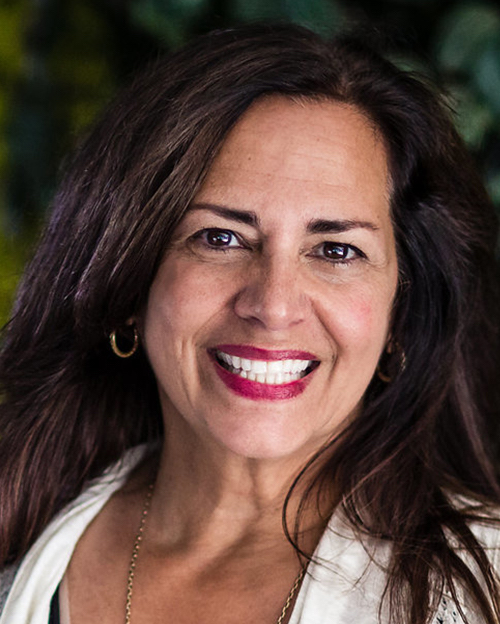Have your team members been acting differently or producing lower-quality work? Maybe there's an increase in requests for sick days or your direct reports seem disengaged during meetings? Unfortunately, all of these could be the early signs of team burnout.
Burnout is quite common in today’s workplace. Two-thirds of full-time workers report experiencing burnout on the job, and it’s a phenomenon that impacts employees across all industries and roles, not just people in senior positions or traditionally high-stress jobs.
However, there’s hope: as a manager, there are several ways you can mitigate the impact of burnout on your team.
How do you identify team burnout?
It’s critical that managers identify the signs of burnout early on. However, it’s important to note that they aren’t always easy to identify.
You may assume that an employee has been missing deadlines or coming into work late because they are simply lazy. Or that the unusually negative, critical team member is simply in a “bad mood.” But these actions can be signs of burnout.
It’s also important to keep in mind that employees can experience burnout in their personal lives, which can carry over into their work. Managers shouldn’t assume that an employee is immune from burnout just because things at work aren’t busy.
To help you better identify the signs of burnout, look at the common physical, mental, and emotional symptoms below:
Physical symptoms of burnout
● Feelings of energy depletion or exhaustion
● Loss of productivity
● Fatigue
● Loss of appetite or change in eating habits
● Lack of sleep
Mental symptoms of burnout
● Constant worry and anxiety
● Inability to focus clearly
● Increased mental distance or apathy
Emotional symptoms of burnout
● Feelings of negativity or cynicism
● Irritability
● Emotional fragility or heightened sensitivity
● An increased tendency to start arguments or make harsh comments
While these signs can be used to identify burnout in individuals, the same evaluation can also be used to assess teams. If multiple team members seem to be suffering from any of these symptoms, or if your team seems to be experiencing a general loss in productivity, there’s a chance that they may be experiencing burnout.
How to help your team deal with burnout
Once you think you’ve identified burnout on your team, how do you manage it before it becomes problematic or long-term?
1. Understand the root cause
Before you take any action, take the time to understand the root cause of your team’s burnout. This will not only help you identify how to best help your team, but it’ll also demonstrate that you’ve noticed they’re not being themselves and want to help them overcome this obstacle.
There are many potential contributing factors: a heavy workload, lack of leadership, no clarity around roles or expectations, and unfair treatment are common work-related causes of burnout. Of course, there could also be other factors outside of work that contribute to your team’s burnout such as financial or family-related stress.
Here are a few tips to help you identify the root cause:
● Have in-person conversations. Even though your entire team may be experiencing burnout, have conversations on an individual basis. 1-on-1 conversations are a good opportunity to address your direct reports' wellbeing. Addressing the entire group can be intimidating and make it difficult for members to open up. So schedule time for every employee and try to understand what they’re going through. Each person may also be able to share their perspective as to what’s happening at a team level.
● Ask questions. Keep in mind that it may feel scary for employees to open up about their struggles in the workplace, especially to their managers. They may fear repercussions or worry about being perceived as less hardworking than other team members. If your employee seems to have a hard time starting the conversation, approach them with empathetic questions, such as, “What’s on your plate right now that’s overwhelming?” or “Where are you feeling the most stress?”
Other strategies can make it easier for people to open up about their experiences, too, such as ensuring confidentiality or connecting the employee to a third-party expert (such as a coach or therapist) that they may feel more comfortable working with. Sometimes, your employee may not feel ready to open up, and that’s okay too. Don’t force them to talk if they don’t want to but let them know you’re always available whenever they’re ready. Tools like AIM Insights can help leaders accomplish this goal.
2. Be an advocate
As a manager, one of your most important roles is to serve as an advocate for your team. This means making sure your direct reports are well taken care of and supported. This is especially true when it comes to burnout. Depending on the reason for the burnout, the way you advocate for your employees can take on different forms. Here are a few examples to inspire ideas:
● Protect their time. If your team suffers from a heavy workload, one of the best things you can do is protect their time. What does this look like in practice? If someone approaches you to see if your team can take on a project, push back or say no. Also, let your team know that it’s okay to turn down work themselves if they feel overworked – this will empower them to regulate their own workloads.
● Provide access to relevant resources. Regardless of the root cause, burnout can have very serious mental health consequences. Connecting employees with resources, such as information about wellness programs or wellbeing guides can be helpful. However, as a manager, you should also know that you’re not expected to be a mental health professional. So don’t hesitate to point your employees to an external source of mental and physical health support, whether that’s in the form of a healthcare professional or therapist.
3. Demonstrate compassion and empathy
Compassion and empathy are useful tools for the workplace – especially when dealing with issues like burnout. There may be times you get frustrated with your team, or they get frustrated with you as you overcome this obstacle together. This is totally normal, so remind yourself to view the situation through a compassionate and empathetic lens. This will make it easier to get through the challenging times together. Below are ideas for how to demonstrate compassion and empathy:
● Don’t take it personally. It may be tempting to view your team’s burnout as a personal failing, but that’s not the case. At the end of the day, many factors can lead to burnout, no matter how hard you try to prevent it. So, when practicing empathy and compassion on your team, make sure you’re applying it inwardly, as well.
● Think about what’s best for the team. A useful way to practice empathy is to ask yourself: what’s best for the team? The answer may vary by individual. What’s best for some employees is to take a vacation or personal leave and unplug for a bit. Others might need to clarify work priorities or have something taken off their plate. For some, it may be to support them if they decide to quit their job. This option can be challenging, but sometimes leaving an unhealthy work environment is the best thing employees can do for themselves and making sure that you’re supportive about their decision is the best thing that you can do for them.




















